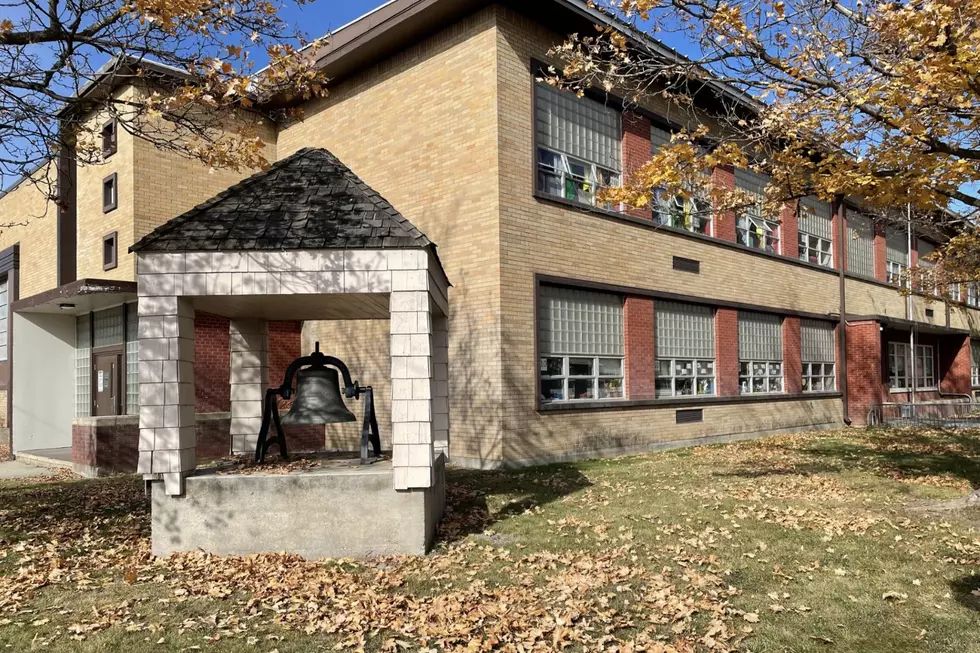
Stop With the Straw Men: Nobody’s ‘Seizing’ Federal Lands
The following piece was written and submitted by Carl Graham, Director of the Sutherland Coalition for Self-Government in the West:
“First they ignore you, then they laugh at you, then they fight you, then you win.” Mahatma Gandhi said that, and it’s a pretty reliable barometer of political progress. The further an issue advances along Gandhi’s spectrum, the more seriously people are taking it, and the nastier the side that’s losing gets.
Based on what we’re seeing in Montana’s papers and the talking points of some political hopefuls, those of us who think states should have more control over federal lands have moved beyond being laughed at and are now happily joined in a serious fight. Except that judging from the straw man arguments and hyperbole of those who think D.C. bureaucrats know (or even care) what’s best for the rest of us, truth has been the first casualty.
While many of us are calling for a real discussion of costs and benefits surrounding federal lands management in the states, others are engaging in pure political marketing, trotting out poll-tested phrases designed to inflame or demonize rather than inform or engage. That’s too bad. This is serious stuff.
What most of us in the lands transfer movement actually want is pretty simple, even if the logistics of getting it are daunting. Nobody’s trying to “seize” the lands. We want an orderly transition that gives local citizens a say in what happens (and doesn’t happen) on D.C.-controlled multiple-use lands in their states. This isn’t a grab to privatize rivers, to strip-mine Yellowstone Park, or to despoil the natural legacy we inherited and want to pass on. It’s simply an attempt to use multiple-use lands in multiple ways, and to have a say in how that’s done.
So what’s some of the misinformation being passed around? First, that national parks, tribal lands or wilderness areas will be affected. They won’t be ... at all. Those lands, along with monuments and military reservations, are off the table and not part of this discussion. Anyone who says otherwise is misinformed, misleading, or outside the mainstream of the federal lands transfer movement. Montana has about 27 million acres of federal lands. About 22 million acres of those lands have been designated for multiple uses since statehood but are increasingly seeing access and uses restricted by faraway bureaucrats answering to different masters. Meanwhile, we’re losing access to recreation and good- paying jobs on more of these lands each year.
Next, opponents say we can’t afford to manage lands that would be turned over to state control. Well, yes: We can’t afford to manage – or mismanage – them as the federal government does, with increased wildfire costs and waning revenues. Each state needs to do the math, but studies so far have shown states manage lands at a profit while federal agencies manage them at a loss. Montanans should be given the opportunity to at least study the issue.
Finally, opponents assert that existing rights and traditional uses on federal lands will be sacrificed at the altar of greed without presenting any evidence in the form of policy initiatives or even transfer proponent statements to back up this claim. And it’s just plain wrong. Existing rights – grazing, mineral, timber, access and more – will have to be respected as an integral part of any transfer. Just as important, so will traditional uses like hunting, fishing, hiking and more. Any other approach wouldn’t just be illegal – it would be unfair to Montanans now and into the future.
Straw men don’t hold any weight and go up in flames when held up to scrutiny. Let’s have an honest debate and stop the name-calling and misinformation. Our families and our lands deserve better.
More From Newstalk KGVO 1290 AM & 98.3 FM









